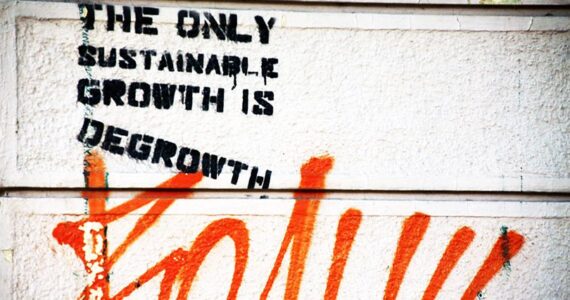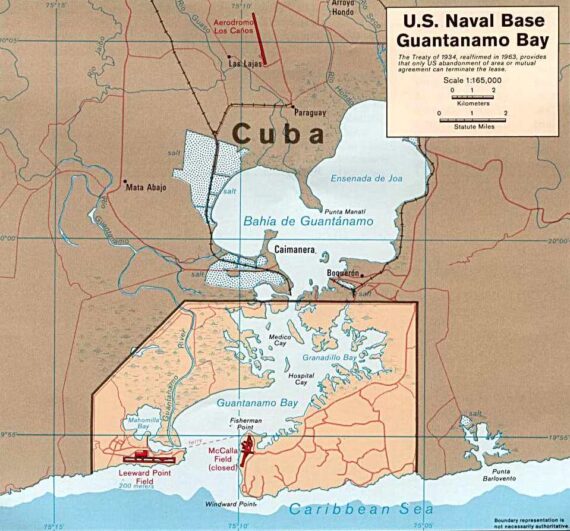André Gorz first used the term “décroissance” (degrowth) in 1972 as a hypothesis in an international conference he had organized in Paris, and it sowed an idea. It was picked up in 2004 (not long before Gorz’s death in 2007) by the main movement of anti-advertising and anti-consumerism campaigners in France, as a “punch word” (un mot coup-de-poing) title for their activist newspaper. From there it quickly became a polarizing slogan and the name of a large and diverse movement, many of whose members recognize Gorz as an intellectual forebearer. [Read more here]
Political Economy
What are the stakes today in revisiting the mid-twentieth century debates between Franz Neumann, Friedrich Pollock, Otto Kirchheimer, and Ernst Fraenkel over the concept of “state capitalism” and their analysis of National Socialism as a totalitarian economic regime – other than matters of historical interest? The discussion at Coöperism 8/13 highlighted at least three. [Continue reading here…}
When Max Horkheimer took the reins, in 1931, of the Institut für Sozialforschung, the critique of capitalism received an unexpected jolt. His directorship of the fêted think tank marked a turning point in the development of critical theory. For Horkheimer streamlined the nascent Frankfurt School. He saw to it that staff trained their eyes on varieties of capitalism.[2] In Germany and later at Columbia University, he cultivated an “interdisciplinary materialism.”[3] For the best part of a decade, the critique of advanced capitalism was the overarching focus of the Institute for Social Research. [Continue reading here…]



